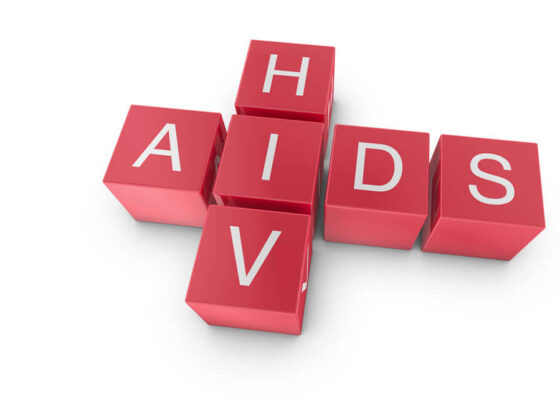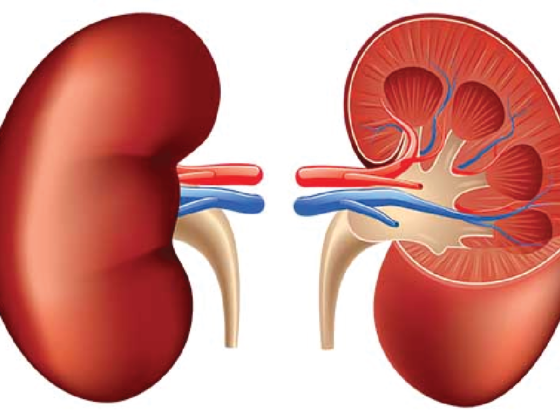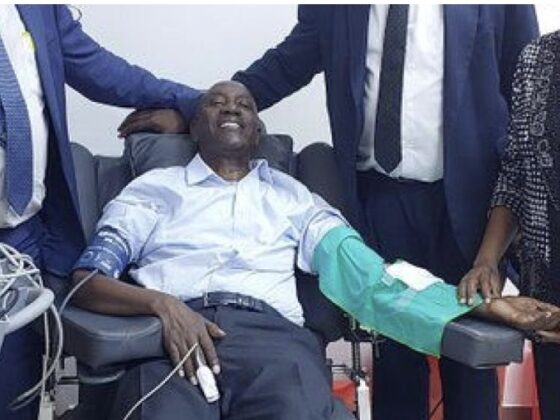“I do not have a latrine because I have no children to build me one. The authorities should send me someone to build me one,” says an elderly woman nicknamed Mukadde, a resident of Konko, a village located a few kilometres from Zirobwe Town.
Mukadde uses small makeshift pits she makes in her small banana plantation which she covers after helping herself.
Much as there are bylaws made some local governments compelling people to have ventilated pit latrines, Uganda is still grappling with a problem of low latrine coverage.
Need for national law? Enock Twinamatsiko of Twinamatsiko and Agaba Advocates based in Mbarara Town, says that The Constitution empowers local governments to make laws that their people should follow, and as such there is no need for a national law on latrines.
“This is such a small issue that should be handled by the local governments because The Constitution empowers them to make laws that their must follow,” he says.
While officiating the opening of the parliamentary symposium on Water and Sanitation on November 15 2019, the Speaker Rebecca Kadaga called on Ministry of Health to close government health facilities without latrines, saying the statistics are appalling.
“If 85% of government health facilities do not have toilets, we should close them, we should create a crisis in the country, close them then government will wake up,” she said.
Dr Julian Komuhangi, the Commissioner for Environmental Health, at the same symposium, noted that the country is doing poorly in many sanitation and hygiene indicators.
Decline in national latrine coverage
The annual health sector performance report states that the National latrine coverage for FY 2018/19 stands at 77.6%. This is a slight decline from 78.3%.
“This is due to increased extreme weather events like heavy rains associated with floods and landslides which have destroyed sanitation facilities in the districts. It is also attributed to improved reporting from the districts,” the report says.
It adds: “Overall 40 districts spread over all regions of the country have coverage of over 85%, while 54 districts achieved 70-84.9%. Only 23 districts achieved between 50-69.9%. The Karamoja region still shows low latrine coverage below 50%. Notably Uganda Sanitation Fund supported districts have improved their sanitation coverage.”
Sanitation in Health care facilities
According to District reports, Health care facilities (HCFs) with sanitation facilities stands at 96.3% an improvement compared to 90.8% in JMP/UNICEF, 2016 report. Proportion of HCFs with hand washing facilities is 74% while those that segregate medical waste is at 89.0%.
Health care facilities that safely treat health care waste after segregation are 39.3%, a decline as compared to 42.8% in JMP, 2016. This indicates that whereas medical waste is segregated, it is not adequately treated before final disposal.
Over 11% of the HCF have “no service4” of health care management and majority (51.0%) of them are at limited service level of healthcare waste management. By region, Bunyoro sub region had highest (57.1%) proportion of HCF had basic service level of healthcare waste management while Bukedi had the least (22.4%).
Challenges
• Inadequate Government of Uganda funding to implement Environmental Health
Department planned activities.
• High donor dependency of key programs and this is likely to be affected with cessation of funding by the donors.
• Slow process of approval of the proposed bill for Public Health Act amendment and the legislations there in.
• Inadequate human resource in numbers and capacity to implement planned activities.
• Lack of transport means to effectively conduct extension services especially at district level.
Recommendations
Ø Strengthen collaboration with other key stakeholders to support service delivery.
Ø Prioritize the process of human resource recruitment and deployment.
Ø There is need to prioritize and expedite the process of reviewing suggested changes for amendment of the Public Health Act and the legislation there in.
Ø Commit more funding to programs especially through government releases and mobilize more donor support.
Achievements
The Annual health sector performance report financial year 2018/19 notes consistent achievements in regard to declaring villages Open Defecation Free. There was a slight increase in the number of villages declared Open Defecation Free from 70% to 74% over the last 12 months largely due to a number of innovations introduced.
Numbers
74% – Villages declared Open Defecation Free
77.6% – National latrine coverage for FY 2018/19









